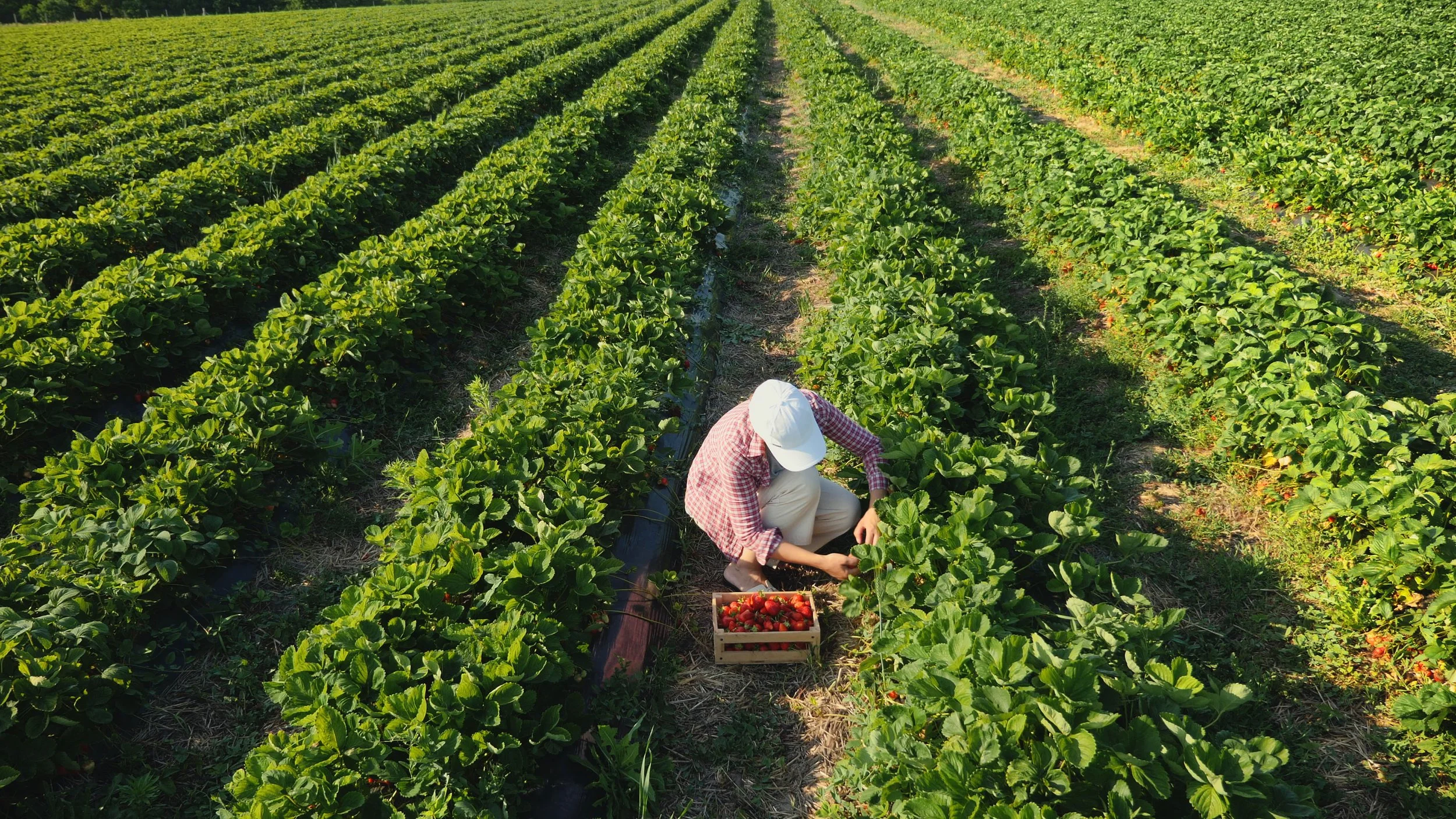
Agri-food
The agri-food system encompasses all activities related to the inputs, production, processing, distribution, consumption and disposal of food globally. The system is crucial to feeding the world’s population and supporting the livelihoods of 2.5 billion people.
It cannot function or survive without biodiversity and healthy ecosystems. Yet, paradoxically, the system is recognized as posing a significant threat to nature. Food production is the largest driver of deforestation, water consumption, biodiversity loss and soil degradation – with agriculture alone being an identified threat of 86% of species at risk of extinction.
There is, however, high potential for businesses in the agri-food system to contribute to a nature-positive economy. To guarantee global food security, address nutritional needs and sustain our ecosystems and human life, it is imperative to fundamentally and rapidly transform how we produce, source, transport and consume food.
The sector actions serve as a guide to transform business practices and value chains and ensure the agri-food system plays its part in halting and reversing nature loss by 2030 - the mission at the heart of the Global Biodiversity Framework.
The overview was led by Business for Nature and Accenture, and informed by detailed reports and research led by the World Business Council for Sustainable Development, the World Economic Forum and Accenture.
Scroll down to access additional resources, including the sector overview in Chinese, Bahasa Indonesian, French and Spanish.
Impacts on nature
Companies in the agri-food system should direct their efforts towards addressing the most significant impacts on nature in their operations and value chains, namely:
Freshwater use
Land and water use change and degradation
Pollution
Greenhouse gas emissions

Dependencies on nature
The agri-food system is dependent on balanced natural ecosystems – which provide flows of ecosystem services – to function and grow. Companies rely heavily on:
Freshwater
Land and soil quality
Pollination
Disease and pest control
Climate regulation







